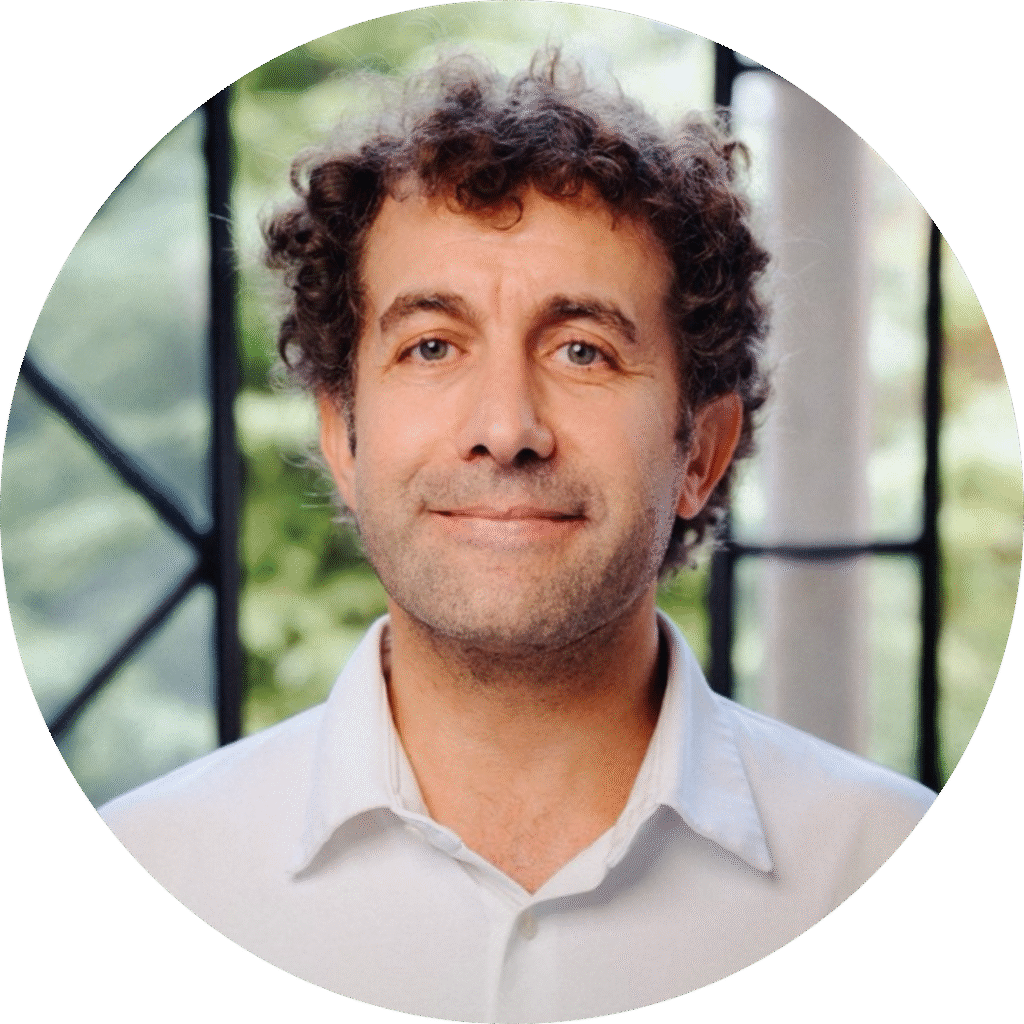Using machine learning to predict mental health in at-risk youth over time – a new longitudinal study
- October 21, 2025
Adolescent mental health problems are a major public health concern, as nearly half of all mental illnesses begin before age 14. Many young people, especially those already showing early signs of mental health challenges, remain at risk of developing more severe difficulties as they grow older.
In this newly published study, Youth-GEMs researchers focused on finding ways to identify which young people with mental health difficulties are most likely to experience ongoing mental health problems during adolescence. By applying machine learning to data from over 600 adolescents who showed early distress at age 11, our research aimed to predict who would continue struggling with mental health issues at age 17.
The goal was not only to improve prediction but also to uncover which life factors—such as school satisfaction, friendships, and sleep patterns—play the biggest roles. This is in line with the goals of the Youth-GEMS project, which aims to use advanced data analysis methods to better understand, predict, and prevent mental health problems in young people who seek help.
What did the study look into?
The research used data from the UK Millennium Cohort Study, which has followed thousands of children from birth to age 17, collecting detailed information on their life experiences. From this large dataset, researchers selected 632 young people who showed early signs of mental distress at age 11.
Information about their family life, emotions, school experiences, health, and habits was collected at ages 11 and 14. Using this data, the study used several machine learning models to predict which participants would continue to experience high distress levels at age 17.
The best-performing model achieved strong accuracy in effectively predicting which children faced mental health challenges at 17. Researchers also checked that predictions were not biased by gender or ethnicity and used explainable AI techniques to identify which life factors had the strongest influence on mental health outcomes.
What were the main findings?
The model accurately predicted which young people would continue to face mental health difficulties at 17 years of age. The most influential factors were:
-
School environment and satisfaction – Young people who were happier with their schoolwork were more likely to be predicted as having a good mental health outcomes.
-
Sleep patterns – Difficulty falling asleep was linked to poorer outcomes.
-
Self-perception and emotions – low patience, dissatisfaction with appearance, and low self-esteem predicted worse mental health
-
Social relationships – friendship quality and social engagement, were key predictors.
-
Leisure activities – moderate engagement in music and less time on electronic games were associated with better outcomes.
Importantly, many of these factors are modifiable, meaning they can be targeted through early interventions — such as promoting positive school experiences, encouraging healthy sleep routines, and supporting confidence and social connection — to prevent mental health problems and enhance wellbeing,
What are the implications of the study?
This research shows that it is possible to predict future mental health outcomes in vulnerable youth using data already collected in childhood. The findings point to practical areas for early intervention—such as improving school satisfaction, supporting better sleep, and fostering positive self-image and relationships—that could help prevent worsening mental health during adolescence.
While further validation in other samples of vulnerable youth (such as those in youth-GEMS) is needed, the study shows how combining machine learning and explainable AI can support personalised prevention strategies and contribute to improving youth wellbeing on a larger scale.
Read the full study 
Longitudinal Prediction of Mental Health Outcomes in Vulnerable Youth using Machine Learning

Esmeralda Ruiz Pujadas
Postdoctoral Researcher in Artificial Intelligence
& WP6 Co-lead
University of Barcelona
































































